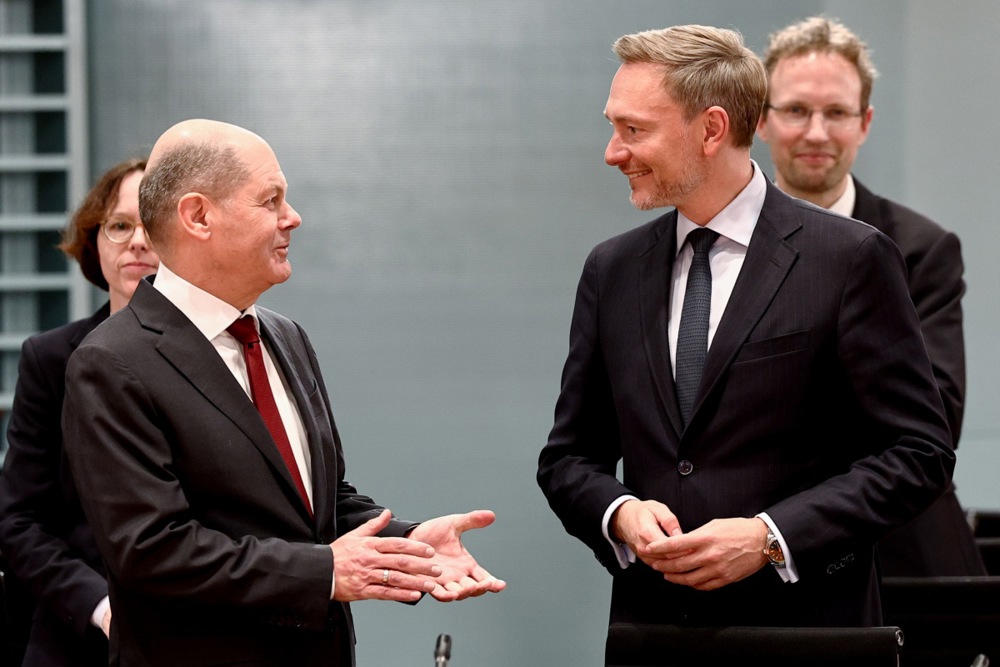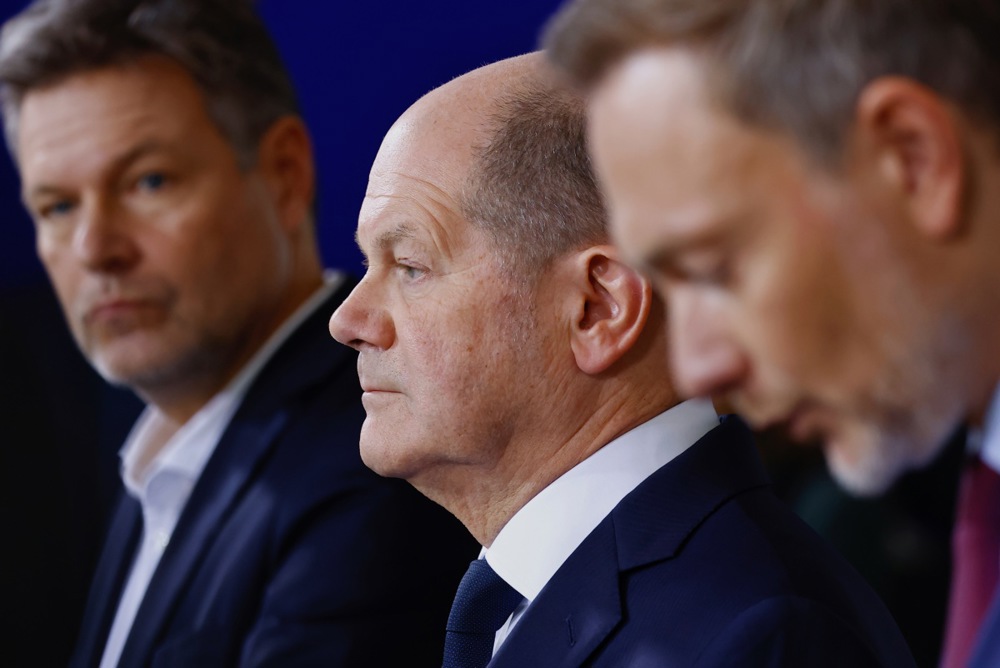Germany’s federal states might see the Federal Constitutional Court (FCC) blow major holes in their budgets over creative debt constructions, as happened with the national German Government.
Federal states have increasingly taken millions of euros out of special funds. These “shadow budgets” have come under scrutiny, raising constitutional concerns regarding their potential misuse.
The German Constitution has a debt brake, meaning the country can only spend approximately as much as it earns.
News outlet Der Spiegel noted that the recent decision by the FCC against the Government has thrown practices regarding the use of funds into question, leading to growing debates on their appropriateness and legality.
The increased scrutiny comes amid the loss of national subsidies for the federal states, as the Government saw a large portion of its budget evaporate due to the court ruling.
To make matters worse, while the Government can borrow up to 0.35 per cent of GDP annually, states are generally prohibited from incurring new debts in normal budget years.
Only a few exceptions are allowed, such as in the case of state emergencies or natural disasters – and there are still strict requirements involved.
Most importantly, money must be spent only on the precise purpose for which the special fund was created. The milestone FCC ruling in Karlsruhe dictated that funds allocated for combating the COVID crisis, for instance, cannot be diverted to unrelated areas such as climate protection.
Since 2020, federal states have used special funds ostensibly to deal with the COVID pandemic and later shifted the money to new projects. They commonly use these so-called “assets” as a de facto blank cheque, with parliamentary approval enabling the Government to secure billions for supplementary and shadow budgets.
State auditors have expressed their concerns and, in some instances, court cases are pending.
Almost all federal state governments have, until now, chosen to either disregard the concerns or assert that they have followed all the proper procedures.
Following the FCC’s ruling, various states are now reassessing their budgetary practices.
Hesse, Rhineland-Palatinate and Lower Saxony are among those whose special funds have been the subject of constitutional challenges.
In Hesse, the “good future assurance act” was declared unconstitutional by the state court there, exposing attempts to prolong loans for unrelated projects past the pandemic period.
Similoar concerns were raised about Rhineland-Palatinate’s proposal to divert anti-COVID funds to broadband expansion.
During the pandemic, Bavaria sought a €20 billion credit framework. That move incurred a backlash when it was discovered that some of the money was designated for its “high-tech agenda plus” programme in 2022.
Higher tax receipts made the loans unnecessary, but opposition parties brought lawsuits to highlight what they said was the need for transparency.
Berlin similarly planned to establish a special fund of at least €5 billion for climate protection but faced opposition from Jens Harms, the president of Berlin’s state audit office.
He emphasised that climate protection is a continuous responsibility, not an unexpected emergency. Consequently, the senate has deferred the plan, seeking legal opinions on the fund’s feasibility.
States with high levels of debt use the funds to funnel millions of euros into specific policy areas. Saarland, for example, used them to allocate €25 million to a digital education institution and created funds worth several billions of euros that will take decades to pay back.
The state government in North Rhine-Westphalia hopes to have rectified its special-fund construction ahead of any troubles.
As with the national Government, the federal state’s finance minister sought to reallocate loans from the COVID funds for a programme supporting migrants and energy assistance. The court of auditors strongly criticised the plan, which led to its abandonment.
Nevertheless, the federal state did spend €5 billion in funding for energy and migrant care, claiming there was an emergency in those sectors. The opposition did not agree and took it to the FCC, where the case is ongoing.
Now, Saarland, Saxony-Anhalt, Bremen and others are rushing to address any potential flaws in their budgetary decisions in light of possible legal challenges. The precarious economic situation is seemingly causing politicians of all stripes to be less strict in interpreting the debt brake.
The debt brake is part of some state constitutions. To repeal or modify the rule, broad majorities, or in some cases a referendum, would need to be secured in these state parliaments.
The latest polls currently indicate that a clear majority of people support the debt brake.





